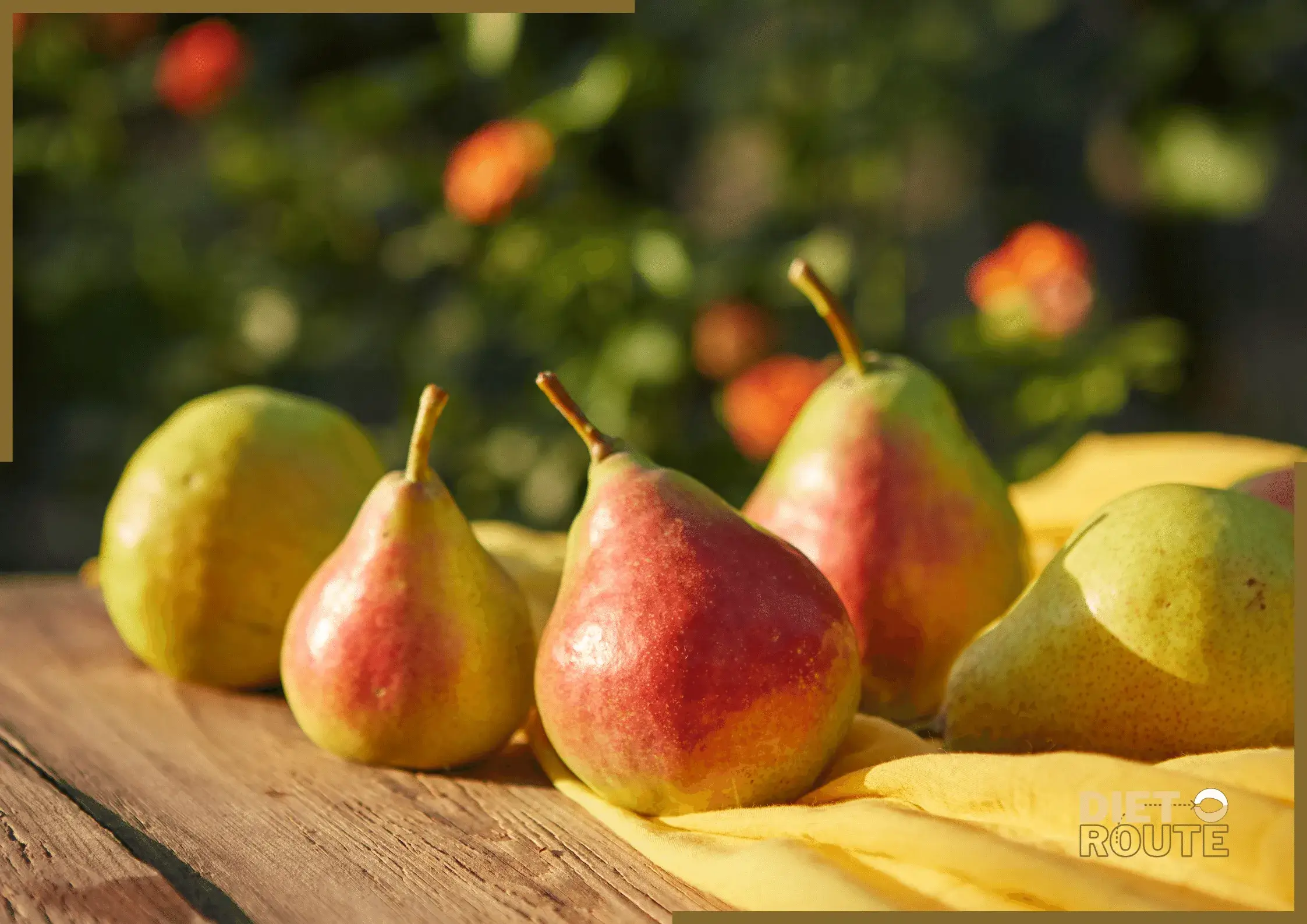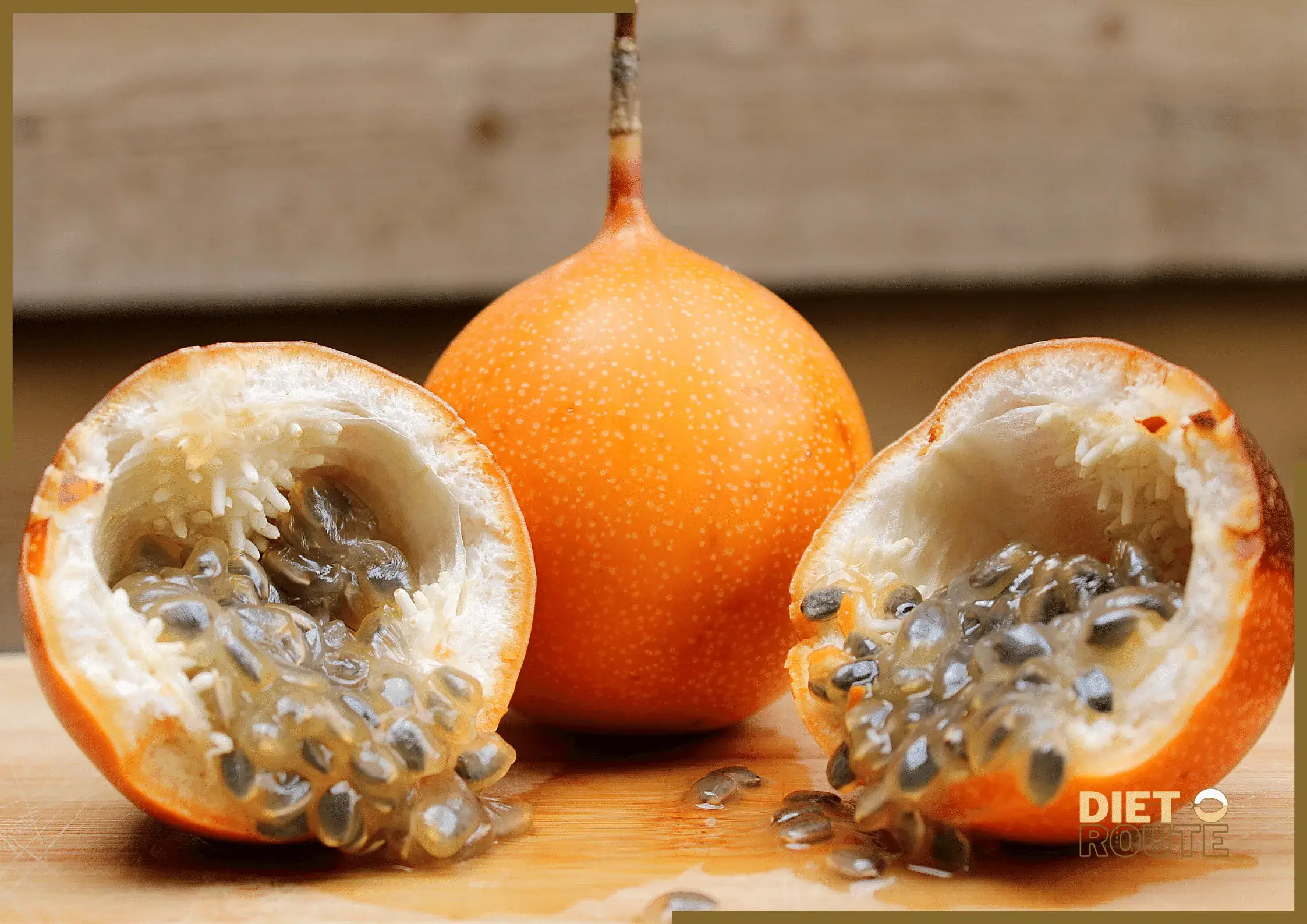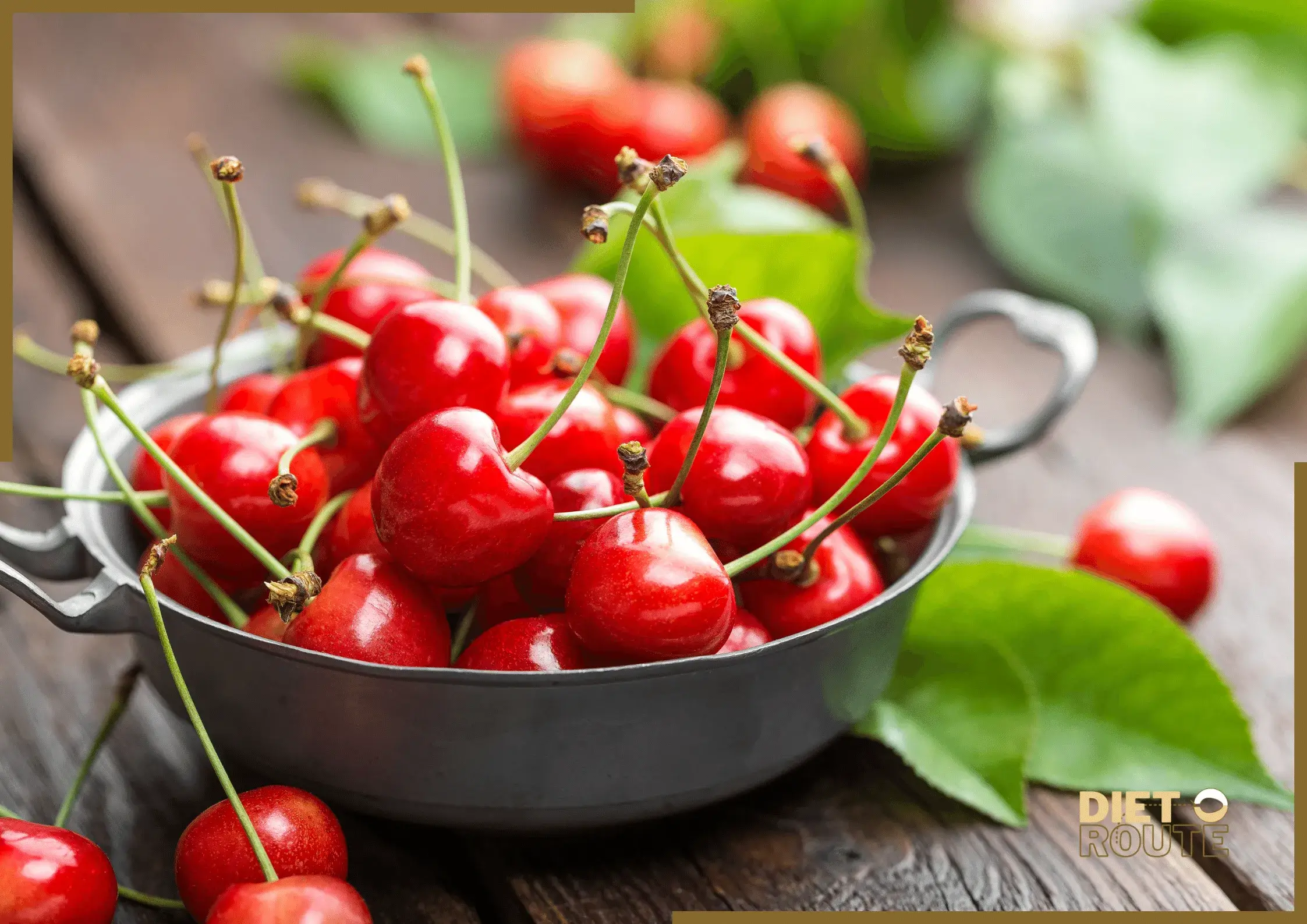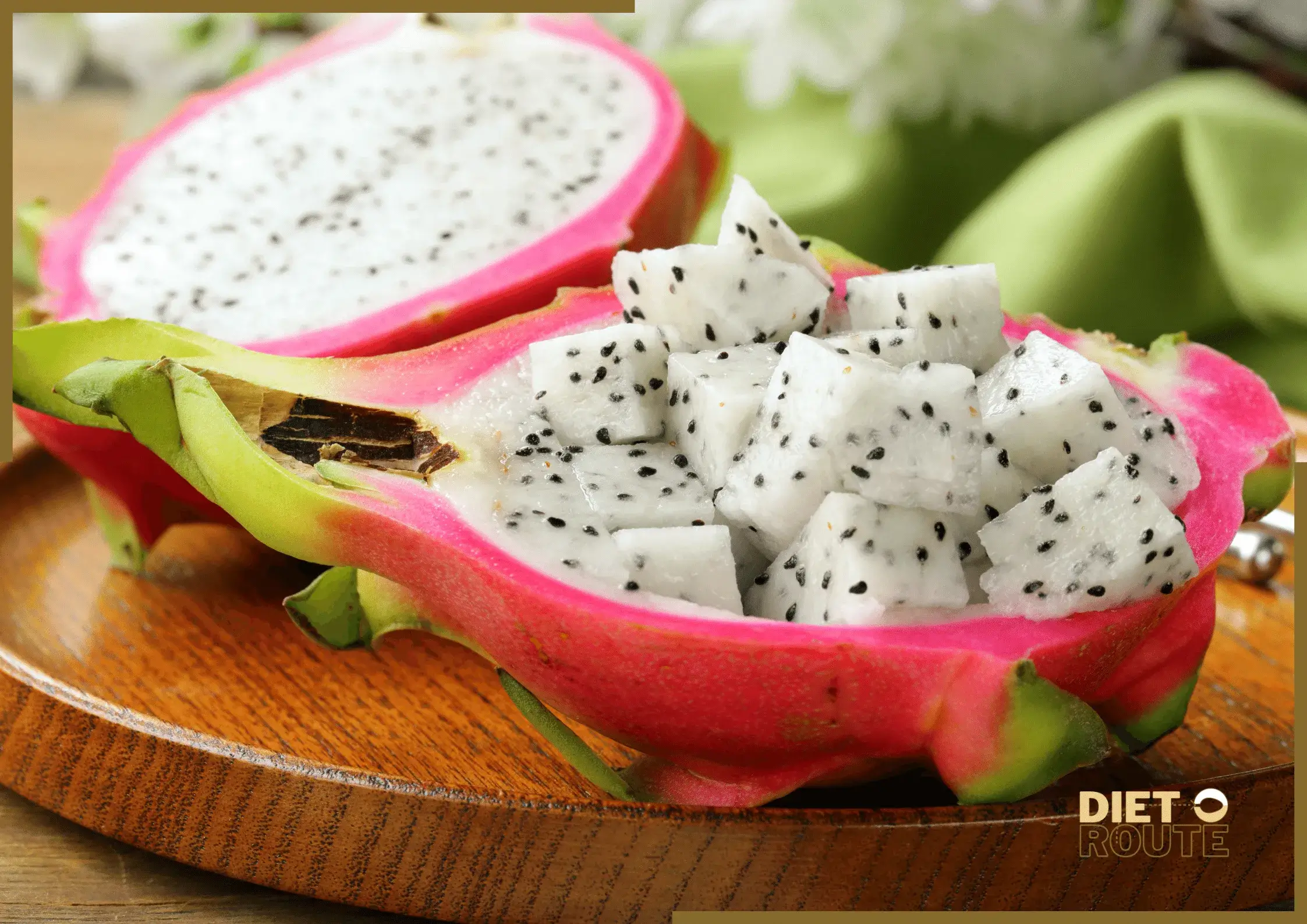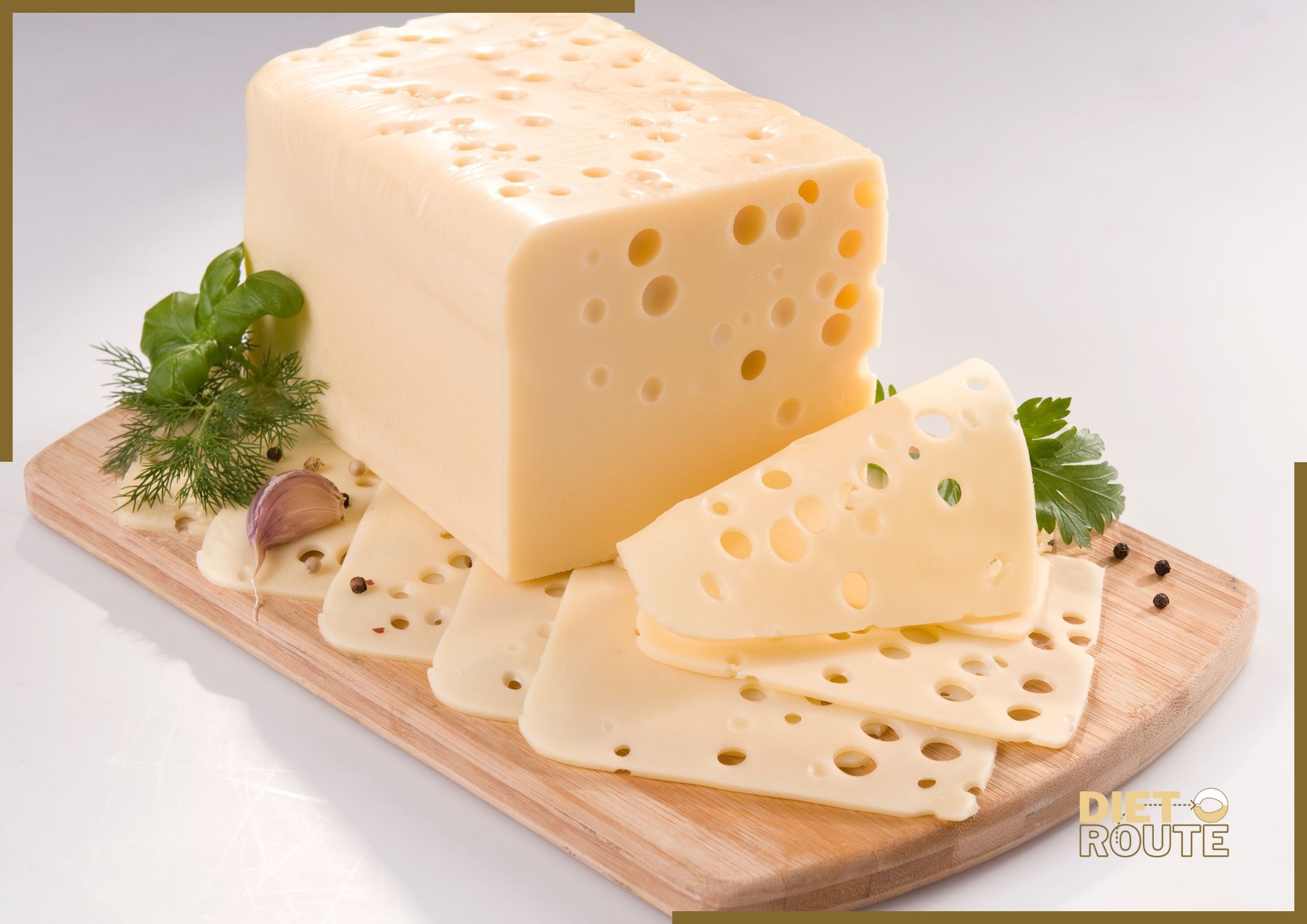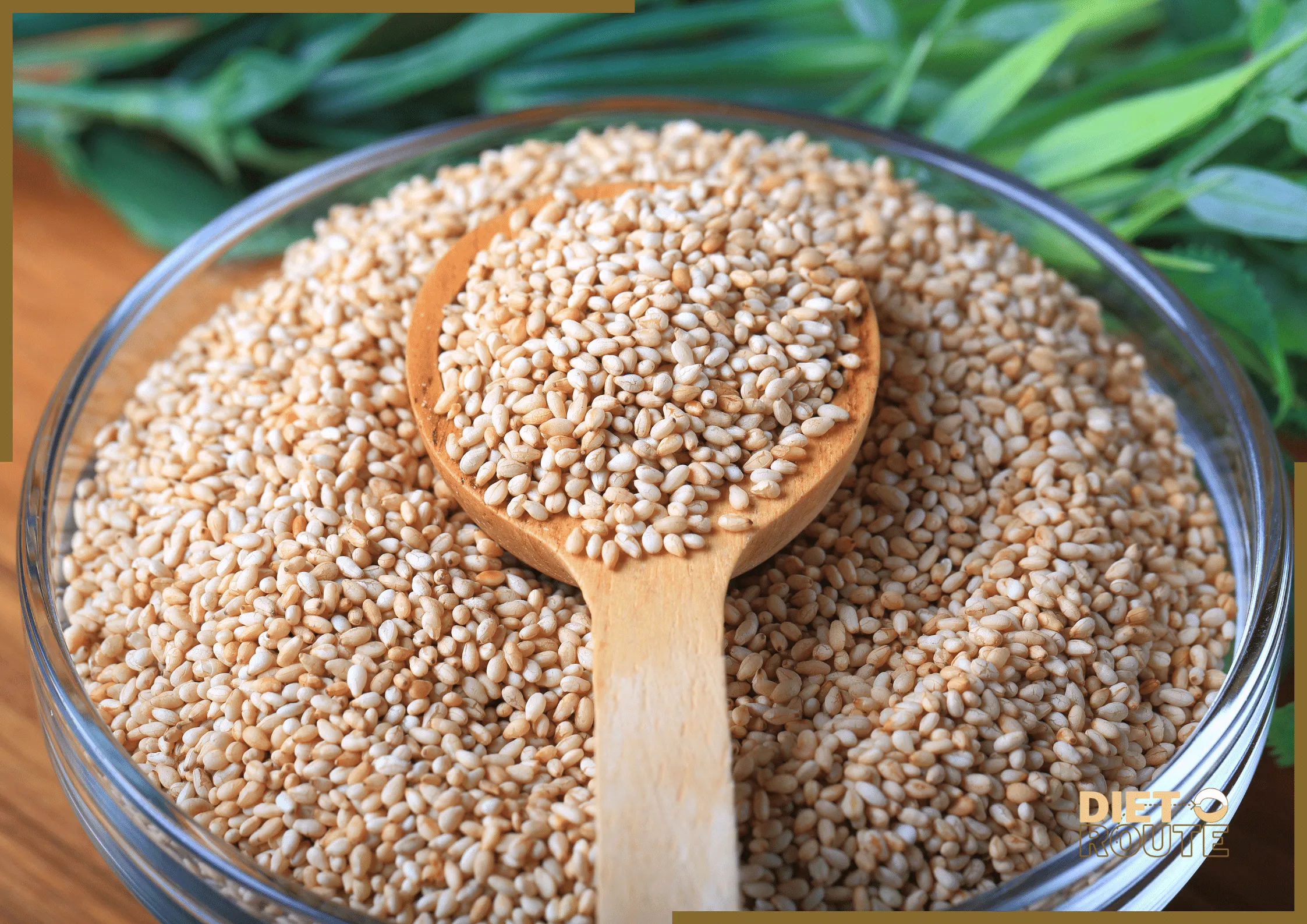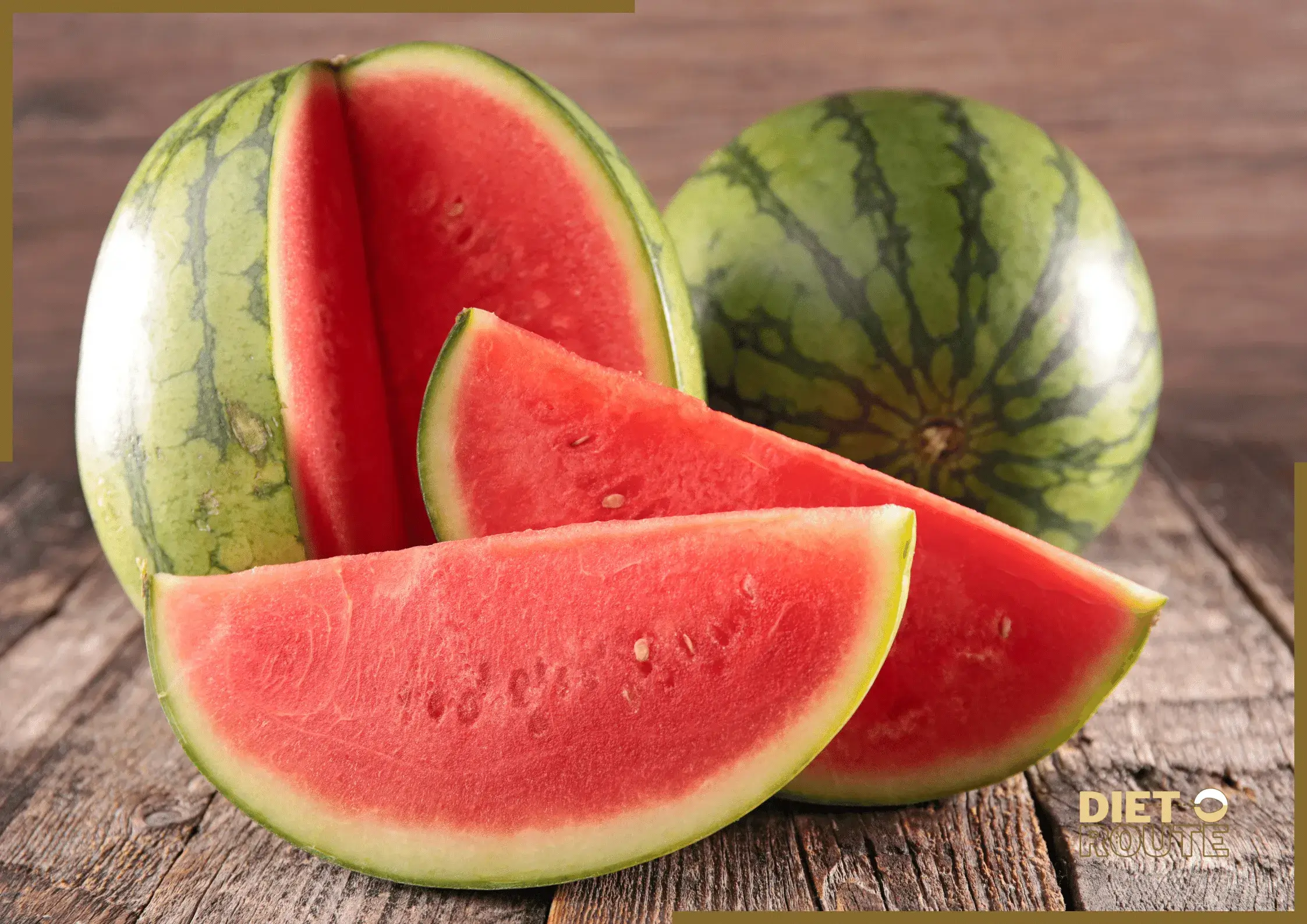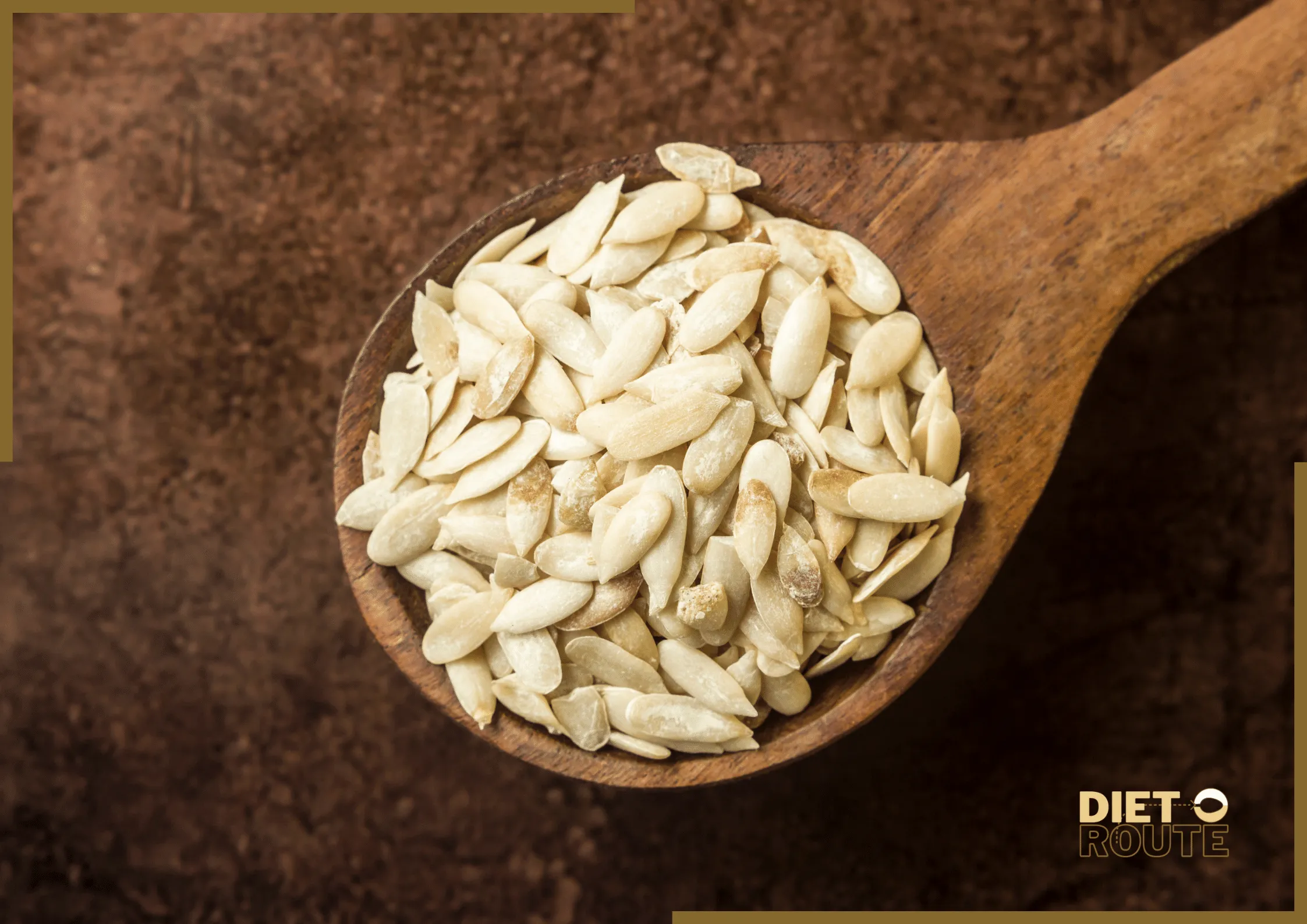Introduction
Pears are a delicious and nutritious fruit that provides a range of health benefits. They are known for their juicy and sweet flavour, making them a popular choice among fruit lovers. This article presents a tabular breakdown of the nutritional value, including the daily value percentage (% DV). In this article, we will discuss the advantages and disadvantages, as well as provide answers to ten commonly asked questions (FAQs). Explore the nutritional benefits and learn why they are a valuable addition to a nutritious diet.
Table of Contents
Nutritional Value Approximately 100g
The values provided are approximate can vary depending on the size and ripeness.
| Nutrient | Amount Per 100g | % Daily Value* |
| Calories | 57 kcal | 2.9% |
| Carbohydrates | 15.3 g | 5.1% |
| Fiber | 3.1 g | 12.4% |
| Sugars | 9.8 g | – |
| Protein | 0.4 g | 0.8% |
| Fat | 0.1 g | 0.2% |
| Vitamin C | 4 mg | 6.7% |
| Vitamin K | 4.4 µg | 5.5% |
| Potassium | 116 mg | 2.5% |
| Copper | 0.04 mg | 4.4% |
*Percent Daily Values (% DV) are based on a 2,000-calorie diet.
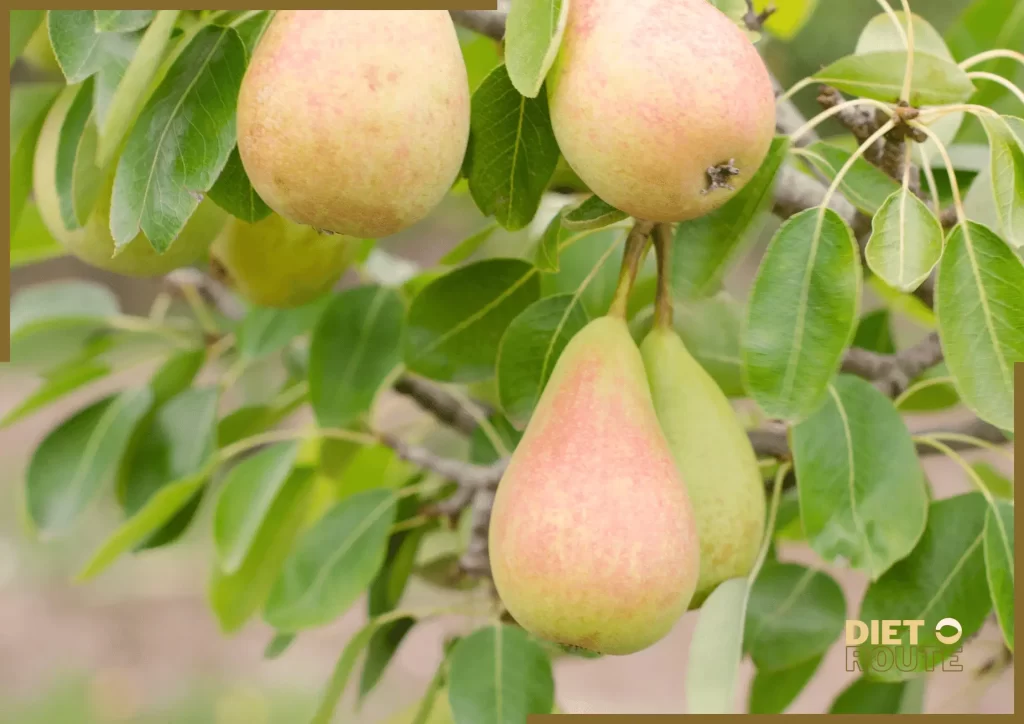
Pros
1. Pears are a high-fiber food that supports healthy digestion and weight management.
2. Hydration is one of the benefits of consuming pears, as they are rich in water content. This can help in maintaining overall well-being.
3. They are a great source of antioxidants like vitamin C and copper, which can aid in preventing cellular damage caused by free radicals.
4. They are great for heart health due to their fibre and potassium content, which helps maintain healthy blood pressure levels and lowers the risk of cardiovascular diseases.
5. They offer a diverse array of vital nutrients such as vitamin C and vitamin K that promote overall health and well-being.
Cons
1. It is possible for some people to have allergies to pears. In case of any negative effects such as itchiness, swelling, or breathing issues, it is recommended to promptly seek medical assistance.
2. Pears contain natural sugars and should be consumed in moderation by individuals with diabetes or those who are monitoring their sugar intake.
Frequently Asked Questions (FAQs)
1.Can consuming pears contribute to weight loss?
They are a great option for weight management as they are high in fibre and low in calories. These foods can promote satiety and assist in controlling hunger.
2. Are pears beneficial for digestive health?
Yes, they are a great source of fibre that can help improve digestion, prevent constipation, and support regular bowel movements.
3. Is it possible to add pears to a low-carb diet?
They are a suitable addition to a balanced low-carb diet, despite containing carbohydrates, as long as they are consumed in moderation.
4. Are there any skin health benefits of consuming pears?
They are a great source of antioxidants and vitamin C that can help promote collagen production and protect the skin from free radical damage, contributing to overall skin health.
5. Are pears good for high blood pressure?
They are a potassium-rich fruit that can aid in the regulation of blood pressure levels. Maintaining a balanced diet and seeking advice from a healthcare professional are crucial for good health.
6. Can infants and toddlers eat pears?
Introducing to infants and toddlers during their transition to solid foods is recommended. Make sure to serve age-appropriate portions of ripe and soft.
7. Can eating pears aggravate acid reflux or heartburn symptoms?
Individuals who suffer from acid reflux or heartburn may experience discomfort while eating it, although they are generally well-tolerated. Moderation is key when consuming it, as it’s important to tune in to your body’s needs.
8. Can you eat the skin of pears?
Yes, the skin is edible and provides extra fibre and nutrients, making it a healthy choice. Peeling the skin off may be favoured by certain individuals for personal taste or digestive reasons.
9. Is it possible to add pears to a gluten-free diet?
They are a great addition to a gluten-free diet as they are naturally free of gluten. Enjoy them without any worries!
10. Can consuming pears aid in maintaining hydration levels?
Yes, it aid in hydration and promote overall well-being due to their high water content.
In a Nut Shell
Pears are a nutritious and tasty fruit that contains high amounts of fibre, vitamins, and minerals. They are a great source of fibre and essential nutrients that promote digestion, heart health, and overall well-being. However, it’s important for individuals with allergies or diabetes to consume in moderation. Incorporate this fruit into your diet as a healthy and refreshing snack, add them to your salads, or use them in various recipes to enjoy their natural sweetness and nutritional benefits.
